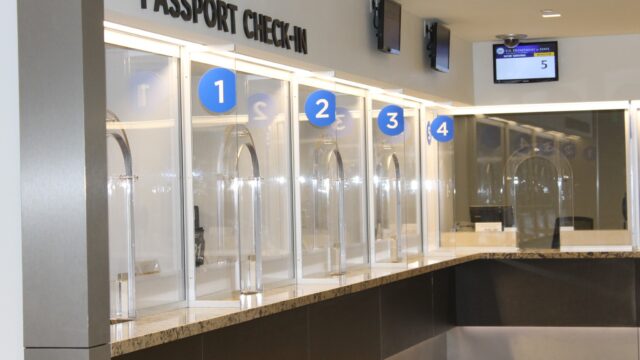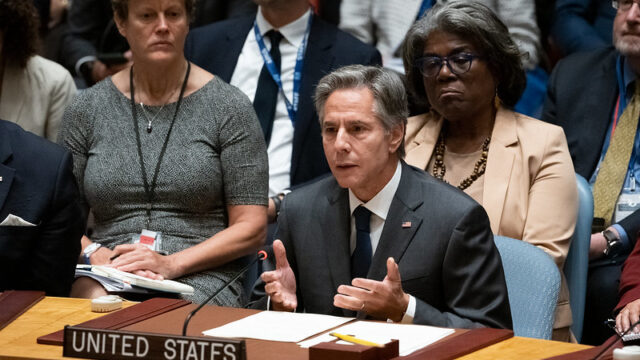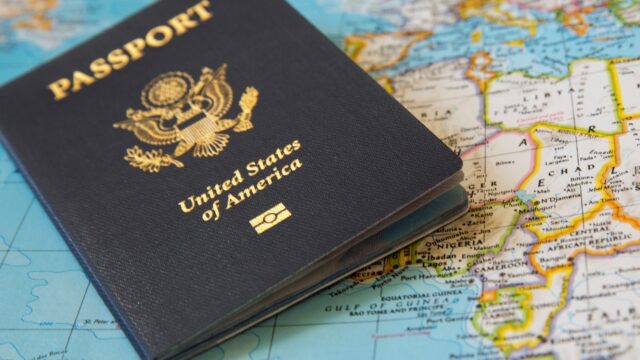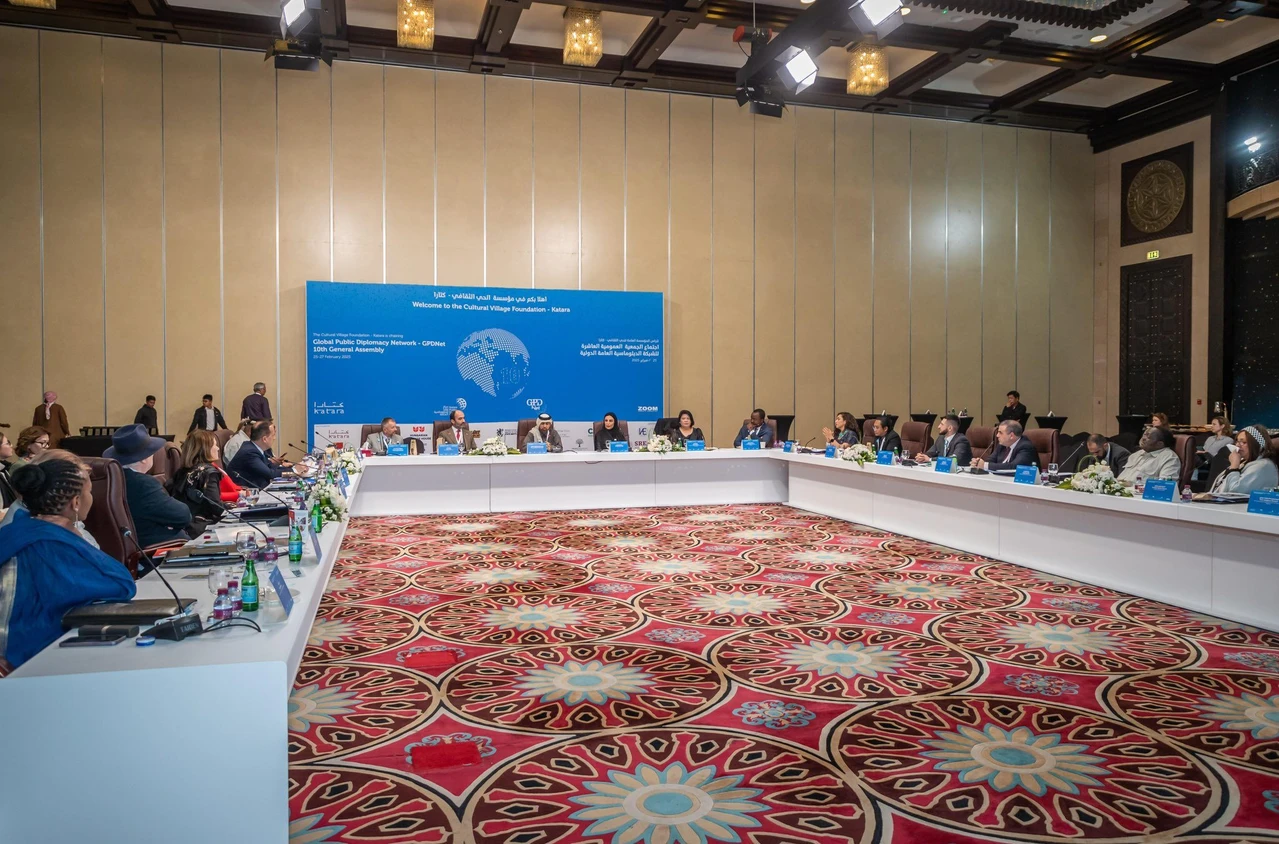What is a US Embassy?
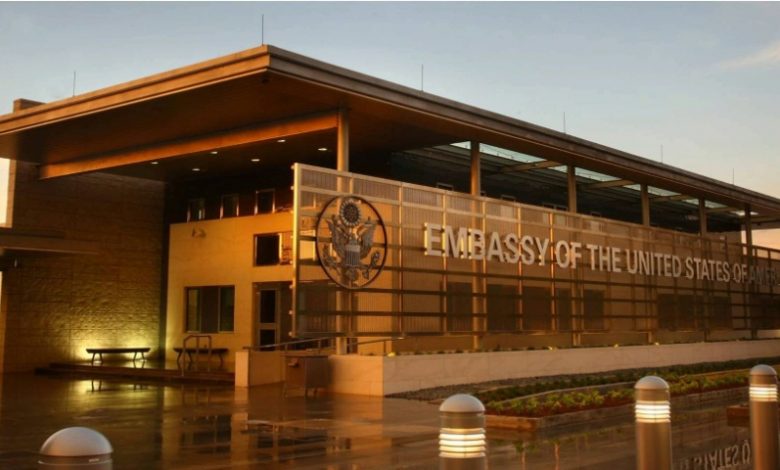
An embassy is the headquarters for US government officials serving in a foreign country.
“Geography has made us neighbors. History has made us friends. Business has made us partners, and adversity has made us allies.”
-John F Kennedy
(© Elizabeth Gil Lui)
It is usually headed by an ambassador, who is the US President’s representative in the host country. An embassy is usually located in the capital. It may have branches, called consulates, in other cities.
US embassies and consulates abroad and foreign embassies and consulates in the United States have special status. While the host government is responsible for the security of US diplomats and the area around an embassy, the embassy itself is owned by the country it represents. Representatives of the host country cannot enter an embassy without permission – even to put out a fire – and an attack on an embassy is considered an attack on the country it represents.
The ambassador, also known as the head of mission, is the highest-ranking diplomat in the host country and the personal representative of the president. He or she is comparable to a CEO of a company and needs to be a strong leader and good manager. He or she is assisted by a deputy, the Deputy Chief of Mission, and a team of US Foreign Service officials and State Department specialists. He or she may also be assisted by officials from other US agencies, including but not limited to the US Agency for International Development, the Departments of Defense, Commerce, Justice, Homeland Security, and Agriculture. Regardless of their agency, all employees work under the direction of the ambassador.
The primary purpose of an embassy is to assist American citizens traveling to or residing in the host country. US Foreign Service officials also interview host country citizens who wish to travel to the United States for business, education, or tourism. Embassy staff interact with host government officials, local businesses, nongovernmental organizations, media and educational institutions, and individuals to improve understanding of United States and its policies and to collaborate on common interests. Embassy staff analyze the political and economic situation in the host country and report to the State Department on matters affecting the United States. They help US companies find partners and customers, and can train the host government’s police and military to improve security in the country. They also sponsor educational, professional, and cultural exchanges to introduce emerging and established leaders to the United States and to foster connections between U.S. and international students, academics, scientists, entrepreneurs, political, religious, and civic leaders.
While Americans work in embassies and consulates, most of the staff is from the host country. These staff are critical to the success of any embassy as they know the local culture, have basic skills or have good connections with government and civil society leaders.

A large embassy may have outbuildings. The main building of the Embassy is called the Chancellery. As the public face of the United States, it is often an architectural work of art. In some countries, American staffers live on embassy premises, but they often live in apartments or houses in the host city. The ambassador’s residence is often used for official functions, and its public areas are often decorated with American art on loan from museums.
